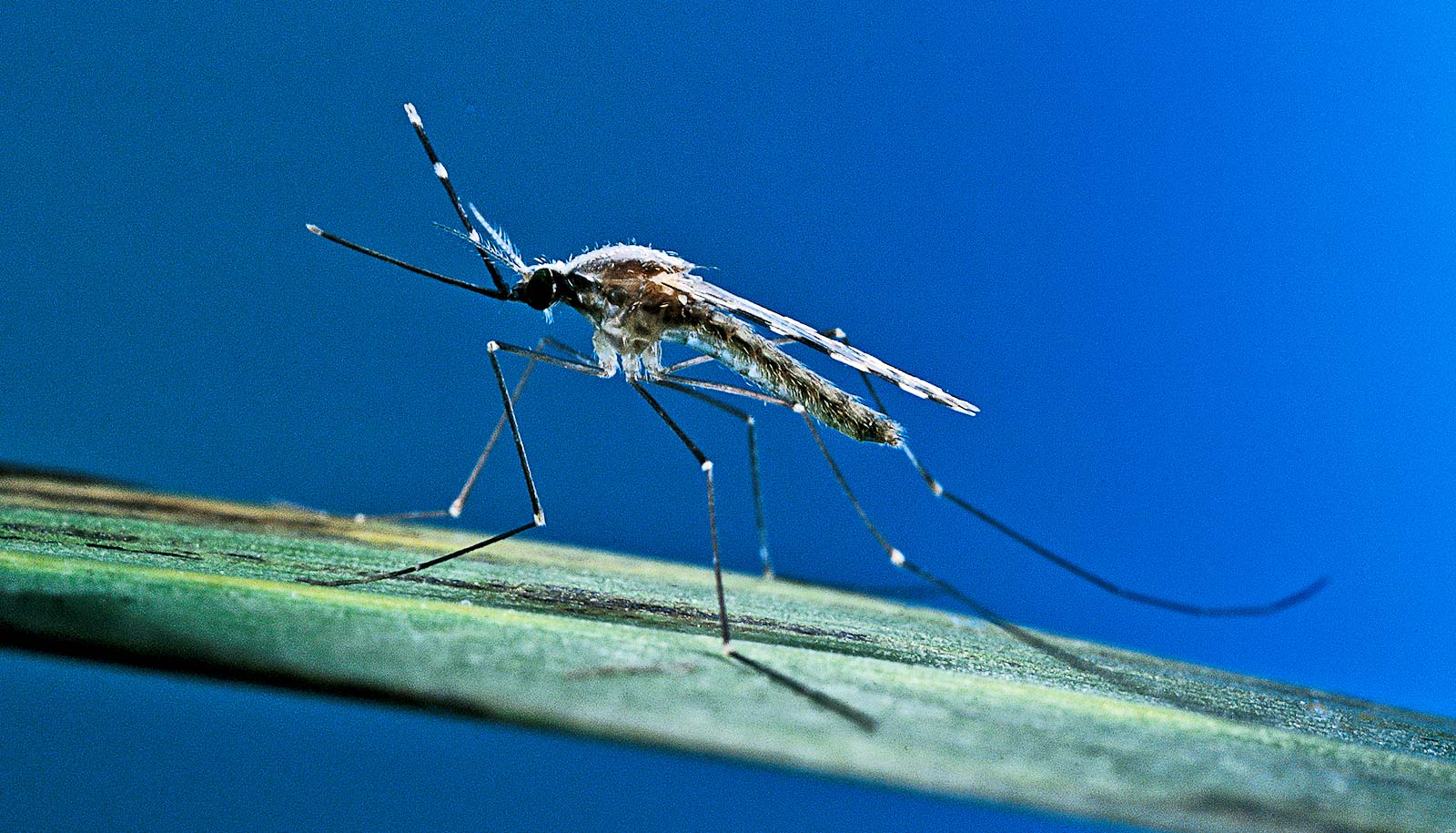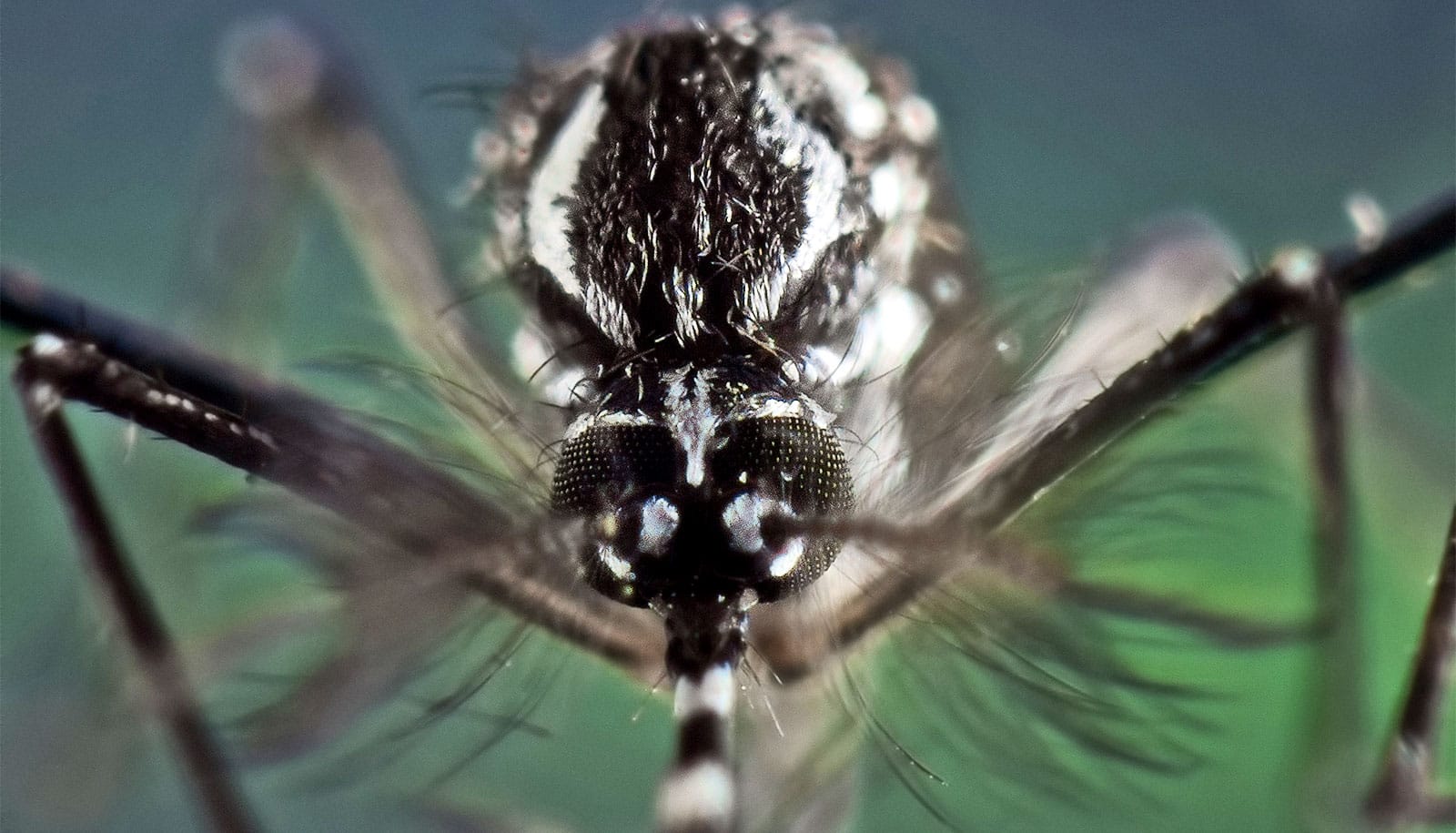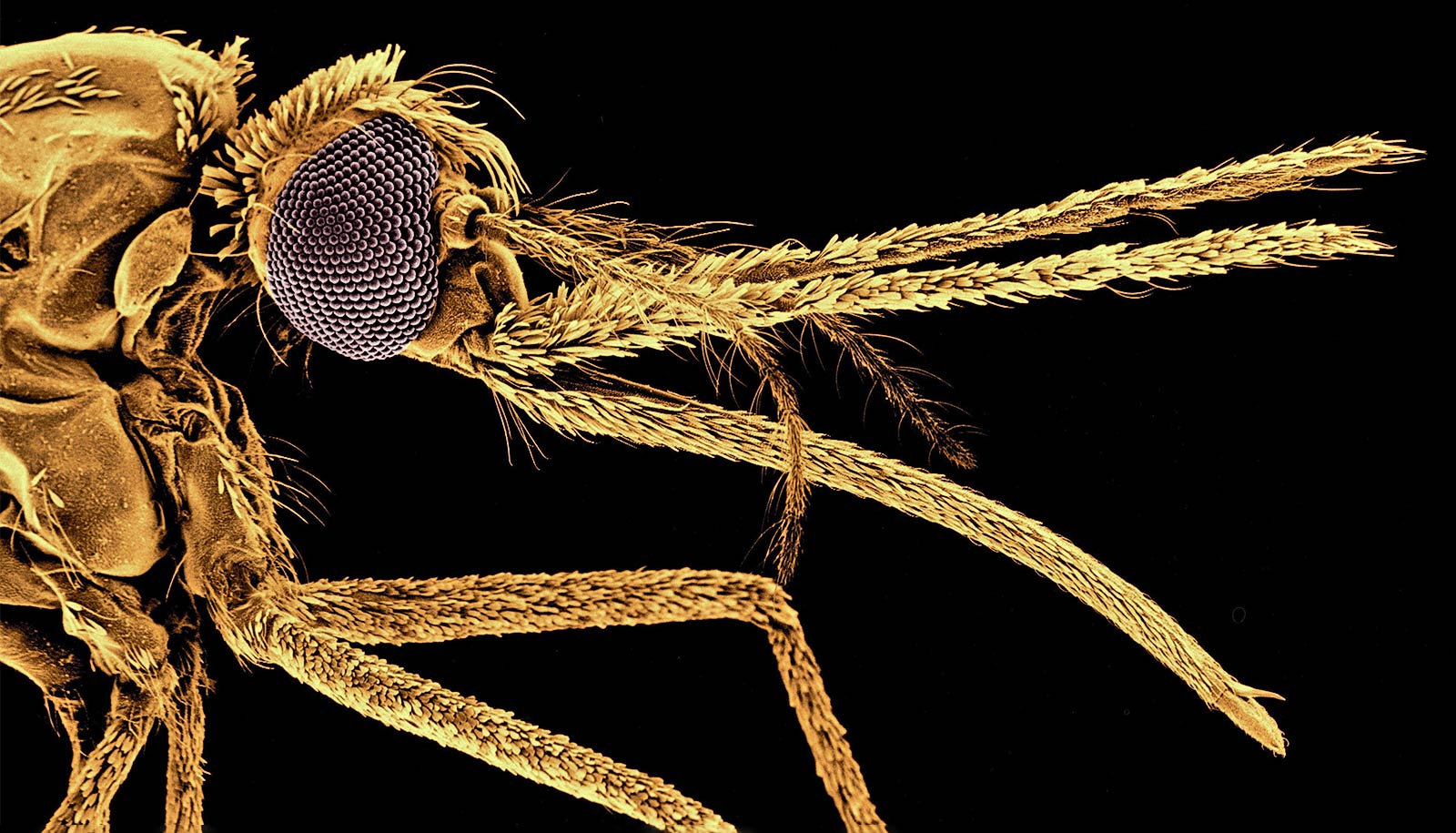On this episode of the Big Brains podcast, Scott O’Neill explains why breeding millions of mosquitoes could help save lives.
Mosquito-borne diseases are one of the greatest global health threats, infecting around 700 million people every year with Zika virus, dengue fever, malaria, and yellow fever—which can all be deadly if left untreated.
Unfortunately, the mosquito population is not slowing down, and factors like climate change and increased global travel are broadening the mosquito’s range.
The effort to stop the insects is not an easy task; insecticides and vaccines can’t completely stop the spread of these diseases. But instead of trying to kill mosquitoes, one nonprofit is taking a unique approach.
O’Neill is founder and CEO of the World Mosquito Program, a nonprofit group with the goal of eliminating mosquito-borne diseases.
The program is implementing a new method of inoculating the wild population of mosquitoes with a bacteria called Wolbachia, which is resistant to diseases. So far, the program has been rolled out in countries like Brazil, Colombia, Indonesia, Australia, and Mexico—and has already seen success in reducing rates of disease.
In this episode of the Big Brains podcast, O’Neill explains his nonprofit’s innovative approach to combat mosquito-borne diseases:
Read the transcript of the podcast.
Source: University of Chicago



